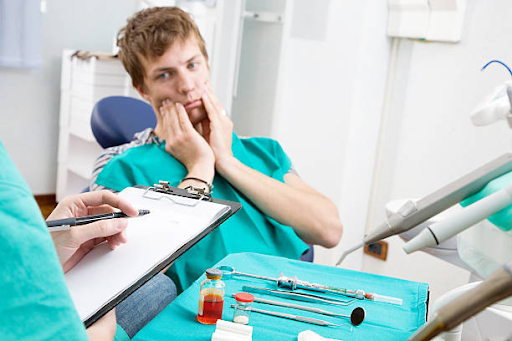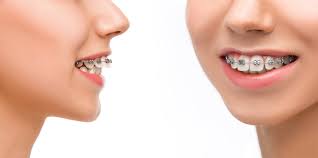Emergencies usually come unannounced and tooth emergencies can be painful. Emergencies like toothache, soft tissue injury or chipped teeth can give us real trouble. However, if we take good care of our teeth from the very beginning, it becomes easier to deal with such situations too. As they say, prevention is always the best dental care but knowing how to handle such emergencies when they suddenly hit can keep you away from serious teeth ailments.
Tooth emergencies can strike due to various reasons such as sports activities, accidents, prolonged tooth ailments and so on.
In this article, we are going to deal with the most common forms of dental emergencies and the best ways to deal with them.
Toothache
Pain is a troublesome situation, and if your teeth are in pain, it can indicate a lot of conditions but majorly tooth decay can be the reason. Certain toothaches can be managed easily without undergoing any emergency treatment but sometimes urgent attention is required when there is swelling in the gums. Situations can get even worse if you retort to common pain-relieving methods like consuming aspirin or other painkillers. When these medicines come in contact with your affected gums, they can burn the tissues in and around. Instead, you can apply cold compresses to affected areas on the outer cheek surface.
Chipped or broken teeth
This condition can arise if you are a sports person or if you have bitten down on something hard. A broken or chipped tooth can ruin your smile and also hurts a lot after the tooth breaks off. In such situations, you can do the warm water rinsing or apply a piece of gauze in the area where it is bleeding. You can also apply a cold compress to the area nearest to the affected location to relieve the pain and reduce the swelling. You need to be cautious while biting on hard food once you have undergone the treatment.
Knocked out tooth
Just like you have handled a broken or chipped tooth, you need to handle this situation too. If your tooth gets knocked off, pick it up by the crown and rinse off the root area if it appears dirty. If not then avoid scrubbing it or damaging the attached tissue fragments on it. In some cases, this tooth can be fixed but it will depend on the level of injury you have suffered. The earlier you do this, the higher the chance for your tooth to settle back in.
Lost filling or crown
Any previously damaged teeth can be restored with the help of crowns or fillings. This repairs both its functionality as well as its appearance. So, if in case these break off, do not waste any more time and get them treated right there. This will prevent any further damage and also lower the chances of reinfection. For emergency dental care, try temporary repairing methods for quick relief. For instance, you can stick a piece of sugar-free gum in the cavity but do not try to fix the tooth yourself.
Broken orthodontics
Orthodontic treatments can help you get those braces right. However, these metal wires and brackets can be a bit discomforting. Although they are made to withstand every sort of daily wear and tear, they can poke your cheeks and gums, causing a lot of discomfort. Sometimes, they even tend to slow down the process or reverse the progress. If this happens, you can push and readjust the wire in a more comfortable position till you receive the emergency care.
Abscess
Infections inside your mouth near the root of the tooth or in the spaces between the teeth and gum can be serious. If these are left untreated, they will spread fast to other teeth and might even leech out to other parts of the body. If you are unsure about this problem and your gums have pain or swollen spots like pimples, book your appointment right away. Necessary treatment can prevent this situation from getting worse. For temporary relief, apply ice to the areas and rinse your mouth with mild solutions of water.
Bleeding and pain after tooth extraction
If you recently had a tooth extraction, the pain and swollen gums are common scenarios. Post-op bleeding is also common. However, if the situation persists even after an hour of the procedure, you should dial up your facility. For instant relief, you can put a thick gauze on the site of extraction and apply a bit of pressure on it. Avoid talking, spitting, eating, rinsing or drinking in such a situation.
All the above situations are termed emergency dental situations. You must know when to dial up for the treatment and care. Visit your dentist to get these issues checked immediately if the conditions worsen. For, it is always better to walk into the dental clinic to save yourself from acute pain and discomfort.
Also Read: Healthcare Staffing and Recruiting Trends for 2022

